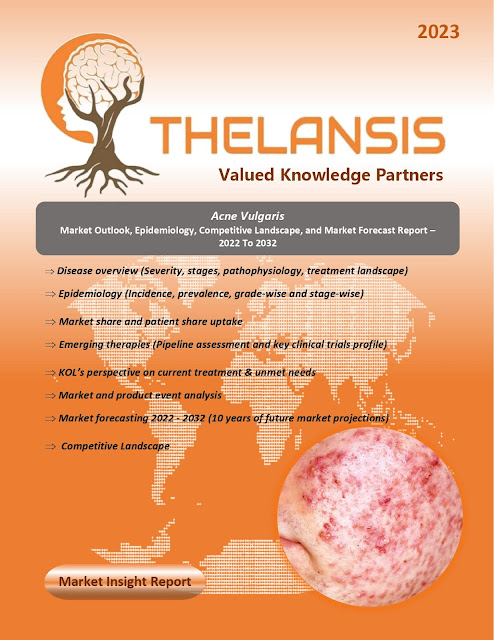Spinocerebellar Ataxias (SCAs) – Market Outlook, Epidemiology, Competitive Landscape, and Market Forecast Report – 2021 To 2032
Spinocerebellar ataxias (SCAs) are an extensive and heterogeneous group of autosomal dominant degenerative diseases characterized by progressive degeneration of the cerebellum and its afferent and efferent connections. The basal ganglia, brainstem nuclei, pyramidal tracts, posterior column, anterior horn, peripheral nerve, and other structures of the nervous system are typically also affected. SCAs are clinically characterized by the presence of cerebellar gait and limb ataxia (with dysmetria, dysdiado chokinesia, intention tremor, dysarthria, and nystagmus), which may be accompanied by extracerebellar signs such as ophthalmoplegia, pyramidal signs, movement disorders (including parkinsonism, dystonia, myoclonia, and chorea), dementia, epilepsy, visual disorders (including pigmentary retinopathy), lower motor neuron disease and peripheral neuropathy.
·
Spinocerebellar Ataxias (SCAs) accounts for 3%
to 5% of the ataxic diagnosed population, with an estimated prevalence of 1 to
5 cases in 100,000 population.
Thelansis’s “Spinocerebellar Ataxias
(SCAs) Market Outlook, Epidemiology,
Competitive Landscape, and Market Forecast Report – 2021 To
2032" covers disease overview, epidemiology, drug utilization,
prescription share analysis, competitive landscape, clinical practice,
regulatory landscape, patient share, market uptake, market forecast, and key
market insights under the potential Spinocerebellar Ataxias (SCAs) treatment
modalities options for eight major markets (USA, Germany, France, Italy, Spain,
UK, Japan, and China).
KOLs insights
of Spinocerebellar Ataxias (SCAs) across 8 MM market from the centre of
Excellence/ Public/ Private hospitals participated in the study. Insights
around current treatment landscape, epidemiology, clinical characteristics,
future treatment paradigm, and Unmet needs.
Spinocerebellar Ataxias (SCAs) Market Forecast Patient
Based Forecast Model (MS. Excel Based Automated Dashboard), which Data Inputs
with sourcing, Market Event, and Product Event, Country specific Forecast
Model, Market uptake and patient share uptake, Attribute Analysis, Analog
Analysis, Disease burden, and pricing scenario, Summary, and Insights.
Thelansis Competitive Intelligence (CI) practice
has been established based on a deep understanding of the pharma/biotech
business environment to provide an optimized support system to all levels of
the decision-making process. It enables business leaders in forward-thinking
and proactive decision-making. Thelansis supports scientific and commercial
teams in seamless CI support by creating an AI/ ML-based technology-driven
platform that manages the data flow from primary and secondary sources.
-1.jpg)



Comments
Post a Comment